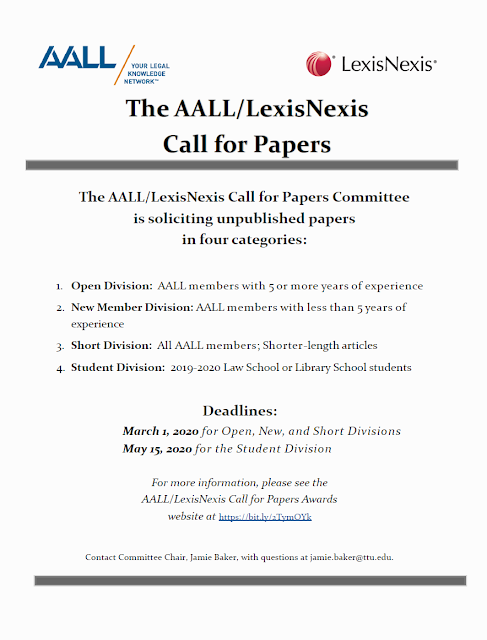The Real State Of AI
We now know that Ross is in development for legal research, but we we are still a long way from being replaced by machines.
This was confirmed by an recent NYTimes article about the current state of artificial intelligence:
An artificial intelligence software program capable of seeing and reading has for the first time answered geometry questions from the SAT at the level of an average 11th grader. The achievement, in which the program answered math questions it had not previously seen, was reported in a paper presented by computer scientists from the Allen Institute for Artificial Intelligence and the University of Washington at a scientific conference in Lisbon on Sunday. The software had to combine machine vision to understand diagrams with the ability to read and understand complete sentences; its success represents a breakthrough in artificial intelligence.
Despite the advance, however, the researchers acknowledge that the program’s abilities underscore how far scientists have to go to create software capable of mimicking human intelligence.
For example, Ali Farhadi, a University of Washington artificial intelligence researcher and a designer of the test-taking program, noted that even a simple task for children, like understanding the meaning of an arrow in the context of a test diagram, was not yet something the most advanced A.I. programs could do reliably.
Within the A.I. community, discussions about software programs that can reason in a humanlike way are significant because recent progress in the field has been more focused on improving perception, not reasoning. The Allen Institute researchers said these techniques fell short in developing technologies to match human skills such as abstract and common-sense reasoning.
Moreover, the Allen Institute researchers said, machine-learning techniques have continued to fall short in areas where humans excel, such as problem solving.
These folks are on the cutting edge of AI software development, and they are saying that AI is still far from full-on problem solving. The type of problem solving that it takes to conduct relevant legal research and synthesize information.
Hubert Dreyfus may have said it best in the 1960s: “Believing that writing these types of programs will bring us closer to real artificial intelligence is like believing that someone climbing a tree is making progress toward reaching the moon.”
This was confirmed by an recent NYTimes article about the current state of artificial intelligence:
An artificial intelligence software program capable of seeing and reading has for the first time answered geometry questions from the SAT at the level of an average 11th grader. The achievement, in which the program answered math questions it had not previously seen, was reported in a paper presented by computer scientists from the Allen Institute for Artificial Intelligence and the University of Washington at a scientific conference in Lisbon on Sunday. The software had to combine machine vision to understand diagrams with the ability to read and understand complete sentences; its success represents a breakthrough in artificial intelligence.
Despite the advance, however, the researchers acknowledge that the program’s abilities underscore how far scientists have to go to create software capable of mimicking human intelligence.
For example, Ali Farhadi, a University of Washington artificial intelligence researcher and a designer of the test-taking program, noted that even a simple task for children, like understanding the meaning of an arrow in the context of a test diagram, was not yet something the most advanced A.I. programs could do reliably.
Within the A.I. community, discussions about software programs that can reason in a humanlike way are significant because recent progress in the field has been more focused on improving perception, not reasoning. The Allen Institute researchers said these techniques fell short in developing technologies to match human skills such as abstract and common-sense reasoning.
Moreover, the Allen Institute researchers said, machine-learning techniques have continued to fall short in areas where humans excel, such as problem solving.
These folks are on the cutting edge of AI software development, and they are saying that AI is still far from full-on problem solving. The type of problem solving that it takes to conduct relevant legal research and synthesize information.
Hubert Dreyfus may have said it best in the 1960s: “Believing that writing these types of programs will bring us closer to real artificial intelligence is like believing that someone climbing a tree is making progress toward reaching the moon.”


Comments
Post a Comment